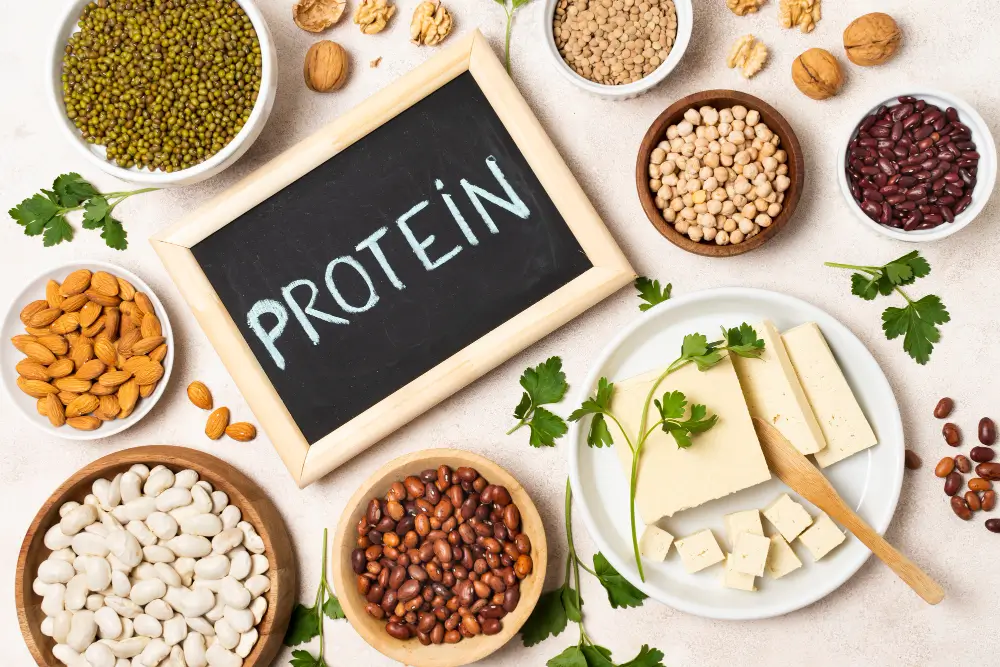Dried Ginger: Exploring its Health Benefits

Dried ginger, also known as “shunti” in some regions, is the dehydrated form of fresh ginger root. Here are some health facts about dried ginger:
Dried ginger, derived from the rhizome of the Zingiber officinale plant, boasts a range of potential health benefits that have been recognized for centuries across various cultures. Its distinctive flavor and aromatic properties make it a popular spice in many dishes, while its therapeutic properties have been the subject of scientific investigation. Here, we explore the multifaceted health advantages associated with the consumption of dried ginger.
One significant benefit of dried ginger lies in its potent anti-inflammatory properties. The active compound gingerol has been found to inhibit various inflammatory pathways in the body, offering potential relief for conditions associated with chronic inflammation, such as cardiovascular disorders and arthritis.

In the realm of digestive health, dried ginger has been traditionally used to address various gastrointestinal issues. It stimulates saliva production and digestive enzymes, facilitating digestion and providing relief from symptoms like indigestion, bloating, and flatulence.
Nausea relief is another well-known benefit of dried ginger. Its antiemetic properties make it effective in alleviating nausea and vomiting, whether caused by motion sickness, pregnancy, or medical treatments like chemotherapy.
To know about Constipation click here
Dried ginger has demonstrated potential in pain management, offering relief from conditions such as menstrual cramps, osteoarthritis, and muscle soreness. Its anti-inflammatory effects contribute to its analgesic properties, making it a natural option for those seeking alternatives to manage pain.
As a rich source of antioxidants, dried ginger plays a crucial role in neutralizing free radicals in the body, thereby combating oxidative stress. This antioxidant activity contributes to cellular health and may slow down the aging process.
Regular consumption of dried ginger may also support the immune system. Ginger’s immunomodulatory effects can enhance the body’s defense mechanisms, potentially reducing the risk of infections and promoting faster recovery from illnesses.

Preliminary research suggests cardiovascular benefits associated with dried ginger. It has been linked to improvements in lipid profiles, including reductions in total cholesterol and triglyceride levels. Additionally, ginger may have blood-thinning properties, potentially improving overall heart health.
Dried ginger may contribute to blood sugar regulation, making it potentially beneficial for individuals with diabetes or those at risk of developing the condition. The active compounds in ginger could enhance insulin sensitivity and improve glucose metabolism.
To know about swimming fitness
Some studies indicate that dried ginger may have cognitive-enhancing properties, exerting neuroprotective effects that could be valuable in preventing age-related cognitive decline. Further research is needed to fully understand ginger’s impact on cognitive function.
In the realm of respiratory health, dried ginger’s anti-inflammatory and antimicrobial properties may provide support for conditions such as coughs, colds, and asthma. The warming properties of ginger can help soothe the respiratory tract and ease breathing difficulties.
Dried ginger has also been investigated for its potential role in weight management. Some studies suggest that it may enhance thermogenesis, contributing to increased calorie burning. While not a substitute for a healthy lifestyle, dried ginger may complement weight loss efforts.
Emerging research explores the potential anti-cancer properties of dried ginger. Compounds like gingerol may exhibit anti-cancer effects by inhibiting the growth of cancer cells and promoting apoptosis (programmed cell death). However, more research is needed to establish the efficacy of ginger as an anti-cancer treatment.

In conclusion, dried ginger emerges as a versatile spice with a range of potential health benefits. From its well-established anti-inflammatory and digestive properties to its promising roles in pain management, immune support, and beyond, ginger stands out as a valuable component of a holistic approach to well-being. Individual responses may vary, and consulting with a healthcare professional is advisable, particularly for those with existing health conditions or taking medications. Nonetheless, the wealth of research supporting the health-promoting properties of dried ginger underscores its potential as a flavorful and beneficial addition to one’s diet.






